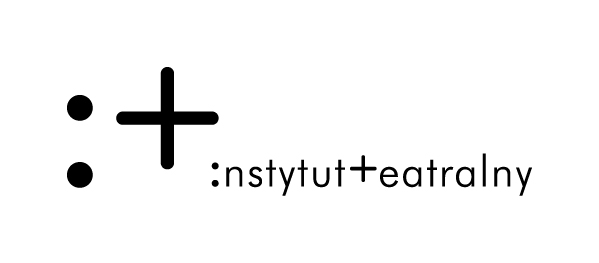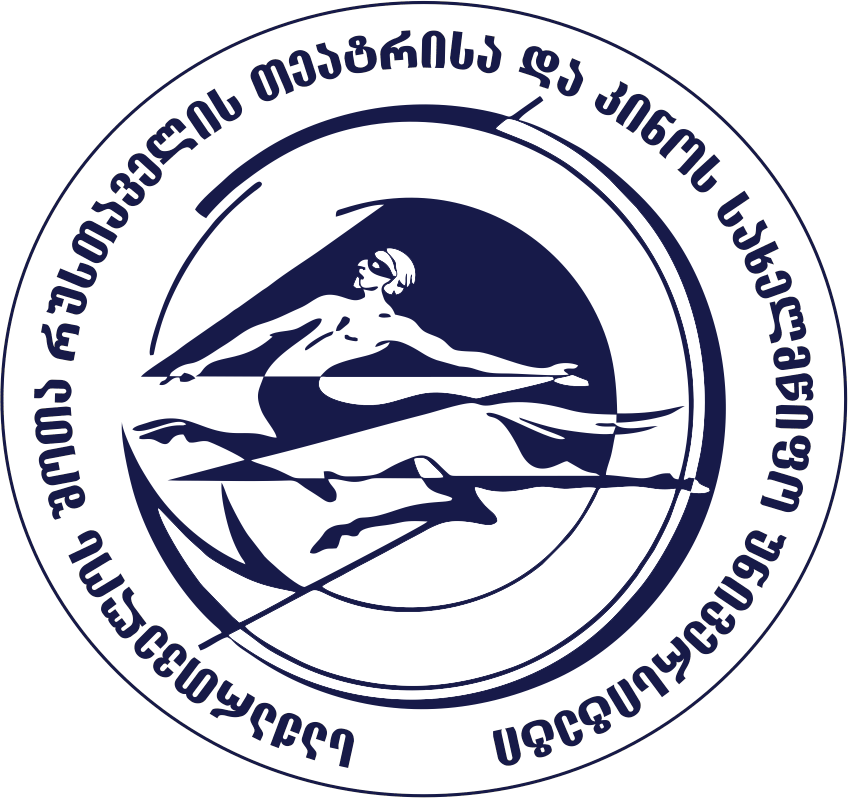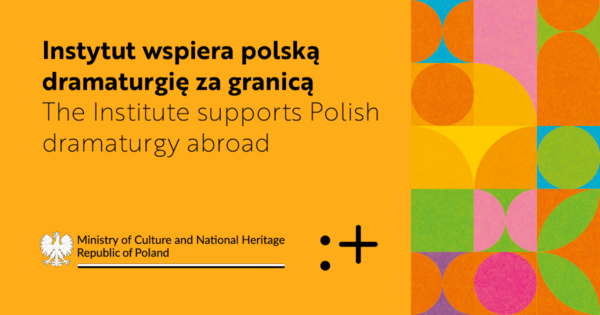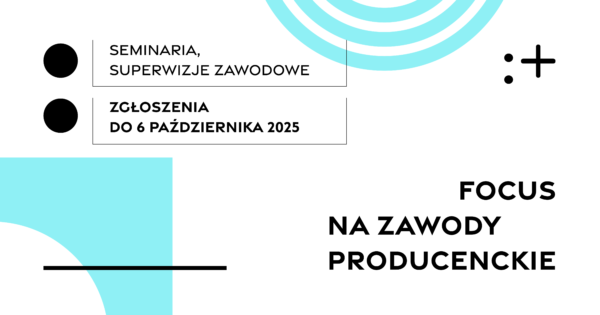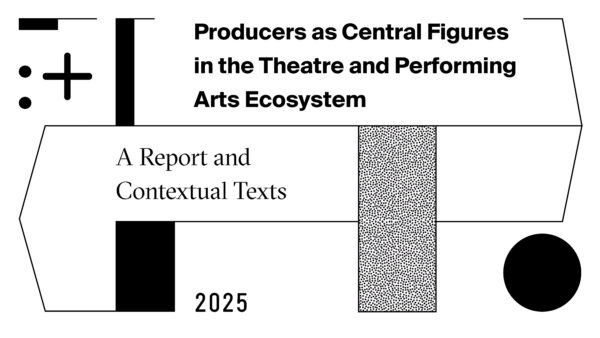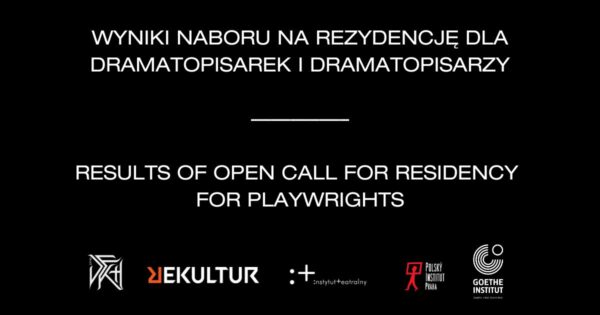On 18th November at 8 pm in Tbilisi will be shown the performing reading of Adam Mickiewicz’s part II of “Forefathers’ Eve” directed by Andro Enukidze. Event is organized by the Zbigniew Raszewski Theatre Institute and Shota Rustaveli Theatre and Fil State University as part of the Adam Mickiewicz Institute’s programme entitled: “44 x Mickiewicz”.
“Forefathers’ Eve in Tbilisi” is a part of a large-scale project aiming to popularize Polish romantic literature abroad. It is the first time that Mickiewicz’s drama poem in its entirety was translated into Georgian language. The Georgian translator of Polish literature, Keti Kantaria, worked together with the poet Ana Kopaliani to create a new text, which provides the basis for the work of Georgian theatrical artists.
One year ago, as Giorgi Shalutashvili, the dean of the Shota Rustaveli Theatre and Film State University and I celebrated toasts together, it occurred to us that we don’t… really know each other. Following a discussion, we decided to work together on a bold artistic project that seemingly begged to be produced – a presentation of Adam Mickiewicz’s “Forefathers’ Eve” in Georgian language. At first, this supreme piece of Romantic drama had to be translated into the language of our Caucasian brothers, then published, and finally – we could go about directing the spectacle. This fascinating adventure has just begun. Keti Kantaria, the author of translations of Schulz, Gombrowicz and Witkacy, translated Mickiewicz’s poem and Ana Kopaliani, one of the most respected contemporary Georgian poets, dared to turn this into poetry. The performance will be directed by Andro Enukidze, one of the best Georgian theatre directors known to Polish audiences and an expert in Polish theatre.
— Prof. Artur Grabowski, the originator of the project
In October 2022 – before stage work began – scholars of Polish Romanticism (prof. Artur Gravowski and prof. Marek Troszyński) conducted thematic workshops for artists and students of the Shota Rustaveli Theatre and Film State University in Tbilisi.
Rituals and ceremonies such as “Forefathers’ Eve” are part of the national identity of different nations. Indeed, it is impossible to think that there may be a community that wouldn’t want to ask – not even once, especially during times of historical or existential turmoil – its ancestors about where their national unity comes from and what mistakes they might have made, since the present is, to put it mildly, hardly interesting. Georgia is no exception. For example, in Svanetia, we asked our ancestors about similar things more than once. Their answers did not always bring us hope – and they were almost the same as the ones in Adam Mickiewicz’s timeless work.
— Andro Enukidze, director
Free tickets for performative reading available before the show.
The project is realized as part of the Adam Mickiewicz Institute’s “44 x Mickiewicz” Programme, the aim of which is to revisit the contribution of Polish art, music, and literature to European culture, to reactivate Romantic ideas and address the unique elements of Polish Romanticism, as well as look at 19th-century culture from today’s perspective.

